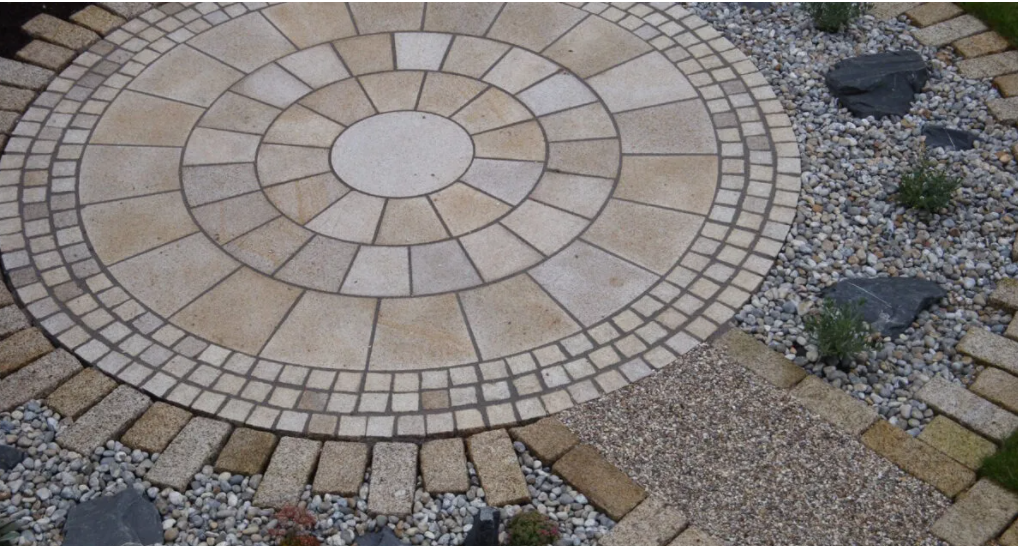What is sawn stone?
Understanding Sawn Stone: Unveiling the Process and Applications
Sawn stone refers to natural stone that has been precisely cut or sawn into uniform shapes and sizes, often with smooth, flat surfaces. This process involves using specialized machinery equipped with diamond-tipped blades to achieve precision cuts, resulting in consistent dimensions and a refined finish.
Origins and Process
The origin of sawn stone can be traced back to advancements in stone-cutting technology, particularly the development of diamond tools capable of cutting through even the hardest types of natural stone. Sawn stone is typically produced from large blocks of raw stone extracted from quarries. These blocks are then transported to stone processing facilities where they undergo the sawing process. Modern sawing techniques allow for the creation of various products, including slabs, tiles, and setts, each tailored to specific design requirements.
Applications and Versatility
The Ultimate Guide to Selecting a Marble Slabs Supplier
How Can We Ensure Durability in Traditional Standard Mesh Products?
Is Your Sd Stirrup Mesh Compliant with Current Safety Standards?
Guide to the Different Types of Coated Fabrics
what mesh to use for concrete driveway
The Ultimate Buyer's Guide for Purchasing Translucent Ceiling Panels
Sawn stone finds application across a wide range of industries and architectural projects due to its versatility and aesthetic appeal. In the realm of landscaping and construction, sawn stone is often used for paving purposes, creating sleek and contemporary outdoor surfaces. Sawn Granite Setts, for example, are prized for their clean lines and consistent dimensions, making them ideal for modern urban environments where a polished aesthetic is desired. Additionally, sawn stone can be employed in the construction of walls, facades, and architectural features, adding sophistication and durability to both interior and exterior spaces.
Significance and Impact
The adoption of sawn stone has had a profound impact on the landscape industry, offering architects, designers, and contractors greater flexibility in material selection and project execution. By harnessing the precision of sawing technology, stone manufacturers can produce high-quality products that meet the exacting standards of contemporary design. Furthermore, the availability of sawn stone expands the palette of options for sustainable building practices, as natural stone is a durable and environmentally friendly material with a timeless aesthetic appeal.
Conclusion
In conclusion, sawn stone represents a testament to human ingenuity and innovation in the realm of material processing. From its origins in stone-cutting technology to its diverse applications in architecture and landscaping, sawn stone exemplifies the intersection of craftsmanship and technology. As the demand for sophisticated and sustainable building materials continues to grow, sawn stone remains a cornerstone of modern design, offering timeless elegance and enduring quality for generations to come.
We also produce Temple Setts, Cropped Setts and so on.




